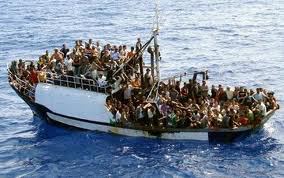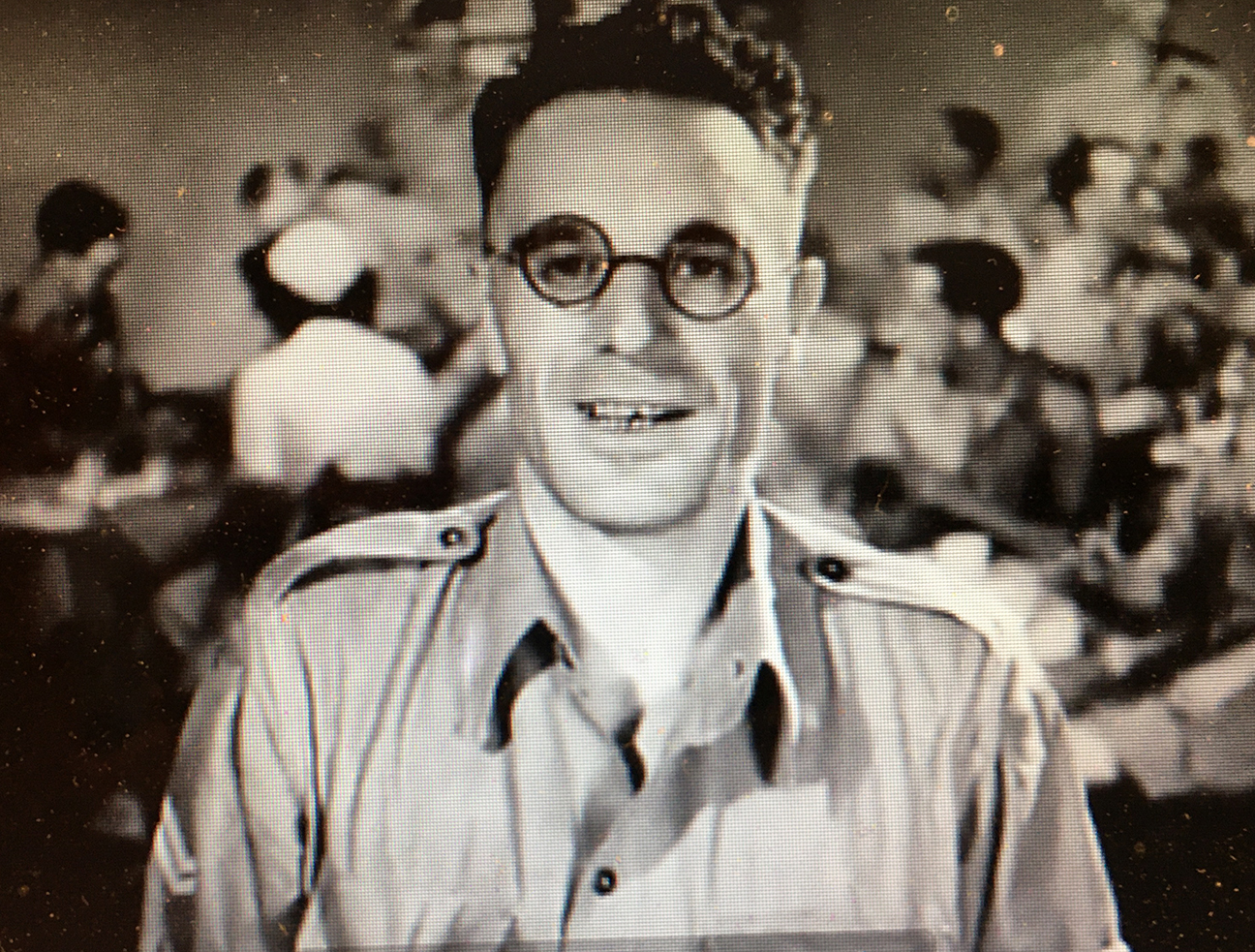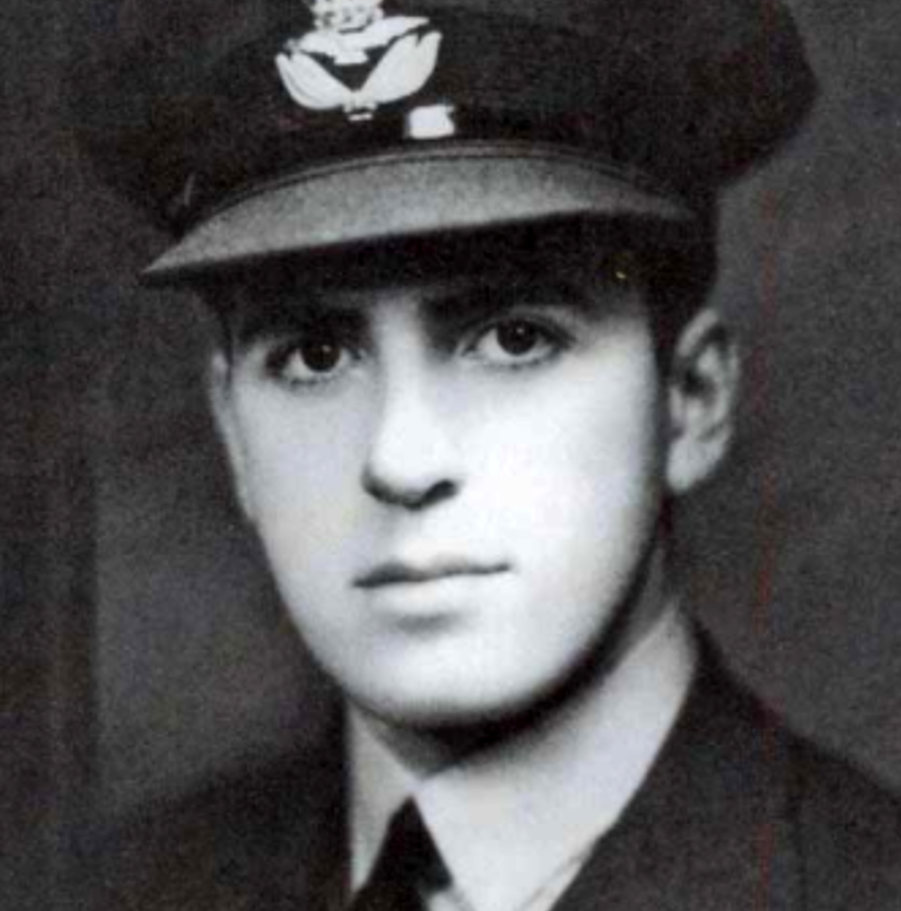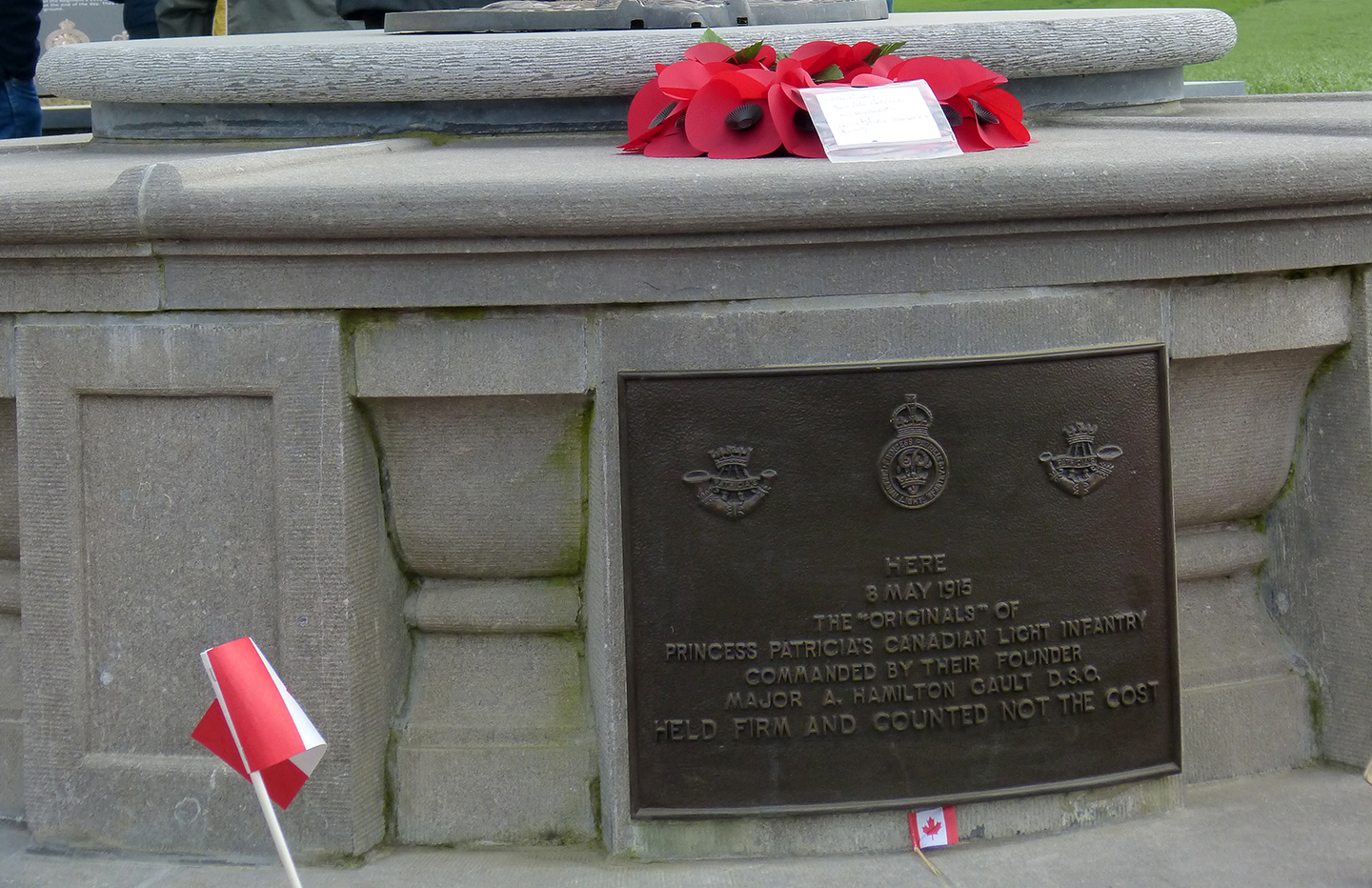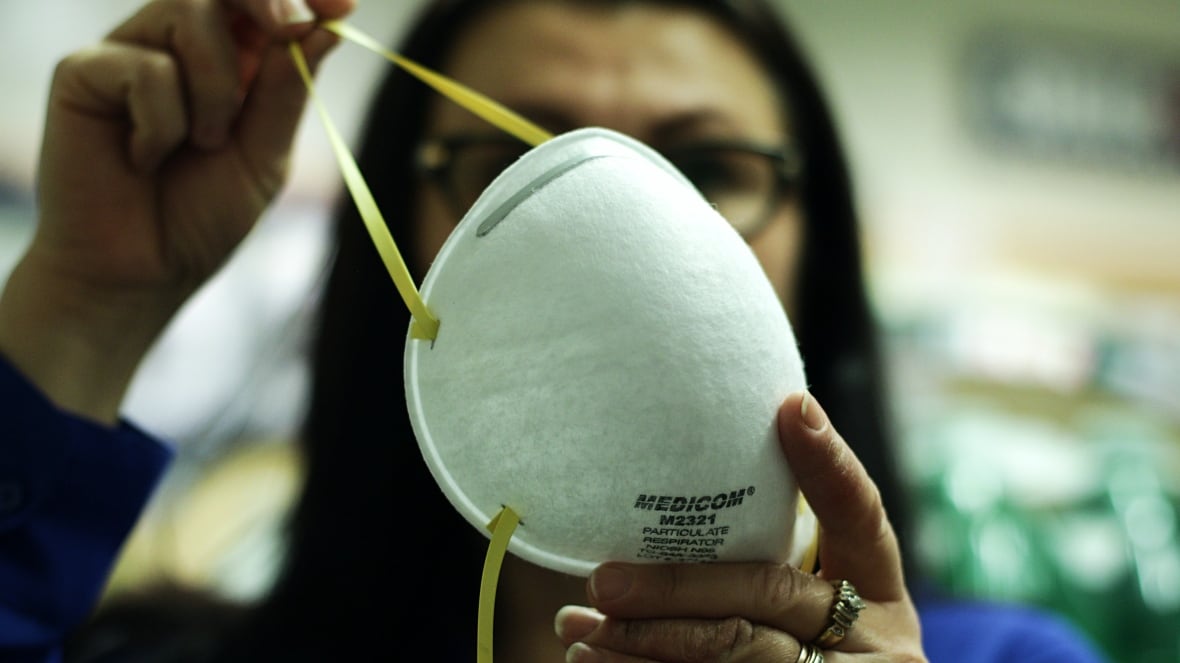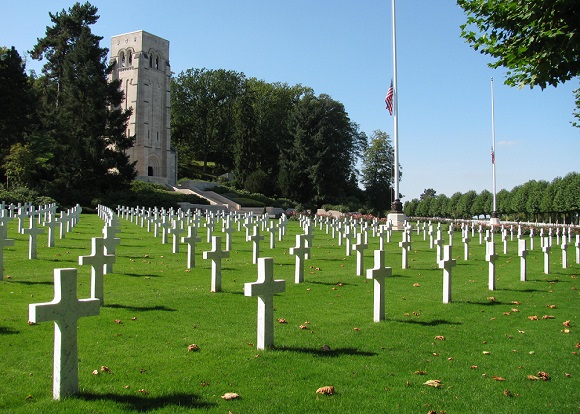
Just northeast of Paris, France, lies a small wooded hill. The few acres of green have been peaceful for most of the last century. Aisne-Marne American Cemetery resides here. It’s home to the memorial stones of 2,289 war dead, mostly Americans. A few hundred yards down the hill, 102 years ago, a great battle raged here.
Near the start of it, French troops found themselves overwhelmed by a charging enemy. In March 1918, the German Army had launched its largest offensive, that it hoped would drive the Allies into the sea and deliver them victory in the Great War. On June 2, 1918, a retreating French soldier is alleged to have shouted to arriving U.S. troops:
“Withdraw! Withdraw! We are overrun!”
Historians tell us, in that moment, Lloyd Williams, a young Marine captain from Virginia, shouted back, “Retreat? Hell, we just got here!” (more…)


